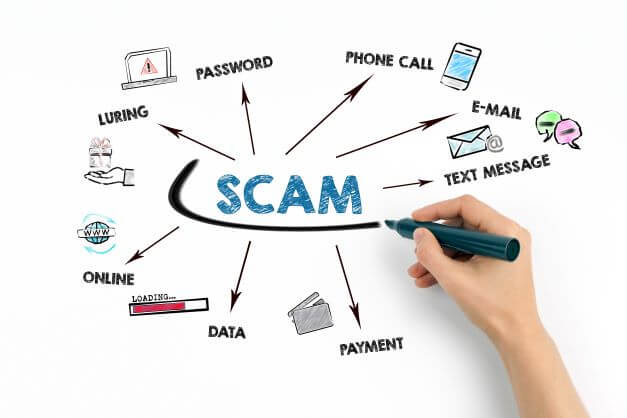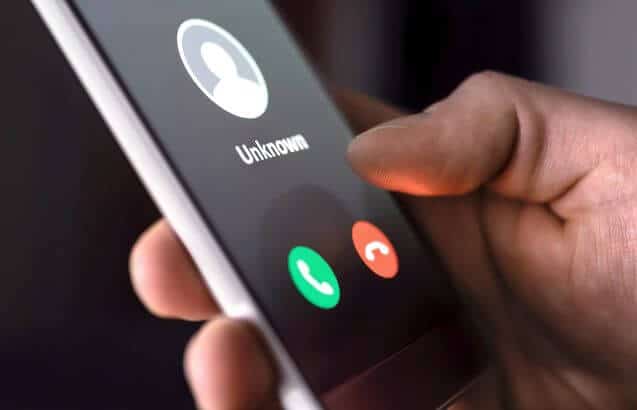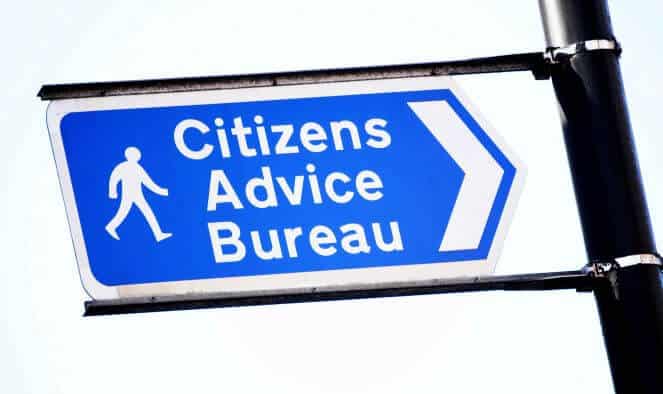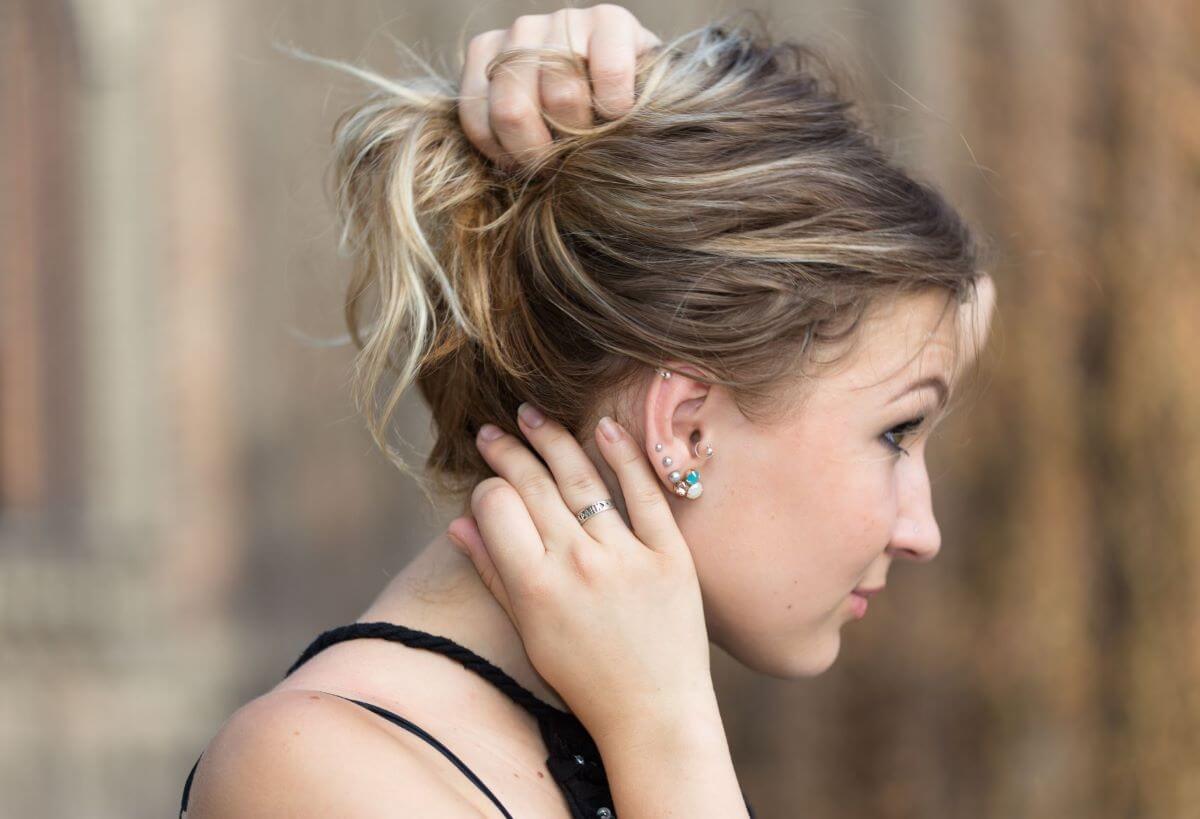
First Published: 21st February 2023, written by Olivia Doonan | Last Updated on 10th March 2023 | Reviewed and Edited by Chloe Safilo
The use of mobile banking apps has become a way of life in modern Britain, but having your financial information in an online space can pose risks. Everybody has been given tips on how to protect your mobile banking against scammers and fraudsters but are we really aware of how to look after our money online?
It is estimated that 93% of adults in the UK use online banking, and smartphones account for the majority of that.
Cash is no longer king – that crown goes to mobile banking apps and digital wallets. These convenient tools can also provide opportunities for scammers to take advantage in times of low vigilance.
So how can you and your loved ones stay safe whilst using financial apps for managing your banking, savings and ISAs? Let’s take a look.
Be Wary of Scammers
Phishing is the most-used scam in the UK. It is when criminals send messages to you or a loved one while pretending to be someone or something else – such as a bank.
Treat any unexpected messages that claim to be from your bank with extreme caution. If messages include links for you to click on, contact your bank directly to check their legitimacy.
Protect Your Banking App
Try to avoid using a passcode that matches personal details and is easier to guess, such as birthdays or addresses.
If you can use a password, make it three random words that aren’t directly linked to you or each other.
Biometrics are even better than passcodes and passwords when using your smartphone. Be sure to utilise the full range of security features. This might include fingerprint scanners or facial and speech recognition.
They will also protect you if your phone is lost or stolen, preventing others from accessing your banking details.

Log Out When Finished
Most finance and mobile banking apps will log you out after a short period of inactivity. But it is always best to be 100% sure.
When you’ve finished using the app, log out and close the app. If you don’t need to keep using it, be sure to lock it too. Leaving your banking app open may offer your information to snoopers, or your phone could be snatched.
Avoid Public Networks
Using a VPN on your smartphone will give you an added layer of protection if you’re mobile banking on a public network. You might be transferring funds while in a shopping centre, for example.
You can download a VPN for all kinds of mobile devices and your computer, too, so that you’re always protected.
Know Your Statements
Keep a close eye on the outgoings of your accounts. If money has left your bank account and you don’t know what it’s for, contact your bank immediately.
Most high-street banks have specialist fraud hotlines and may be able to help get back your money if you can spot it quickly enough. Most of us are now banking online so it has become easier for scammers and fraudsters to gain access to your accounts. Knowing the details of your accounts will give you extra protection against any kind of fraud.
Who Should You Report It To?

If you do have fraud on your online banking app then you must immediately report this to your bank, building society or credit card supplier. They can then investigate for you and research any possible offences carried out against you or other members of the same institutions.
If money has been taken from your mobile account this must also be reported by yourself to Action Fraud who are a department related directly to the Police.
If the bank are satisfied with the fact that you have done everything in your power to ensure that a fraud did not occur then they will refund any money back to you. However if they conclude that you did not take enough due care and attention then they may rule against you.
If however you are not happy with the outcome and decision from your bank you can take the matter further by complaining to the Financial Ombudsman who will investigate the circumstance of any potential fraud further.
In Conclusion
If you suspect any attempt to have your online or mobile banking accounts scammed you must report it immediately to your bank, building society or credit card supplier.




















































